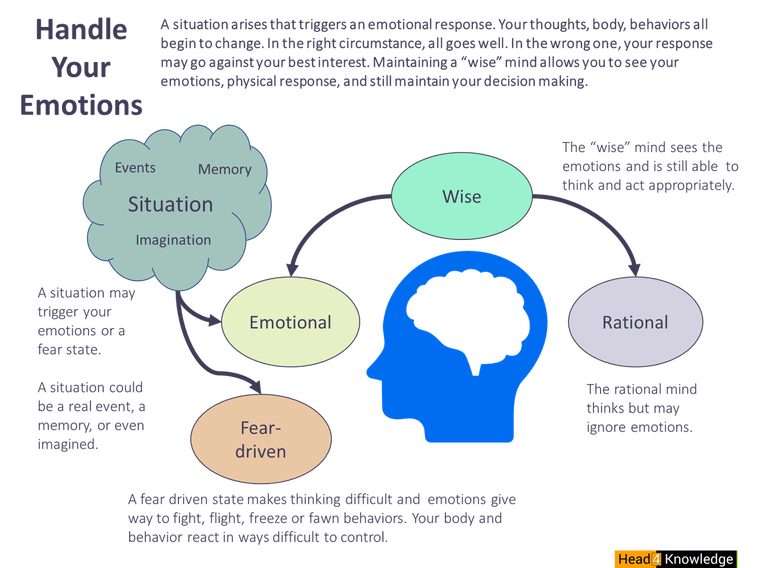Emotional control in old age is a health and wellness exercise, curiously what can be seen in several studies is that in addition to physical and cognitive decline, older adults are, on average, much more sensitive to positive emotions. social relationships and also tend to have greater control over their emotional worlds.
The Swiss philosopher Henri-Frédéric Amiel said that knowing how to age is a masterpiece of reason and one of the most difficult parts of the great art of living. It is certainly not easy to reach old age with the same optimism as a young man who expects everything in life. However, older people know very well that, in reality, the secret of happiness is not waiting. True well-being is to look at the present moment with humility, simplicity and positivity.
Old wood, old wine to drink, old friends to trust and old authors to read. Francis Bacon?
This is what reveals the essence of geriatric work: in old age, in the face of the objective deterioration of the body and the gradual decline of faculties, a feeling of subjective happiness worthy of admiration is reinforced. The fall in life is therefore evident in much of the population, thus allowing a better adaptation to the reality of aging.
The balance of emotions in old age is the secret of well-being
The study of the regulation of emotions in old age is a relatively new field, however, given the increase in life expectancy, it is clear that this sector of the population will have a significant impact on our society in the coming decades. The key challenge we all face is reaching these advanced ages in the best possible conditions. And we’re not just talking about physical well-being; we refer, above all, to the emotional level.
The field of aging research is maturing in leaps and bounds. Just out of curiosity, Dr. Derek Isaacowitzel, an emotional expert at Yale University, has developed a technology to study care bias in older people, glasses that record these stimuli. attracting the attention of their patients to further analyze their emotional reaction.
What can be seen is that in 90% of cases the older adult is much more interested in faces that show positive emotions, this preference, this constant search for a smiling face, a warm look or a kind word helps you regulate your own emotions Experts believe it is as if the brain acted as a cognitive mediator by focusing attention on these stimuli so that it can reduce negative emotions and absorb positivity.
With old age what happens first and foremosts is a change of motivations, the long-term goals are limited to investing in a better quality of life in the present, so the control of emotions in old age has a very concrete goal, a well-defined motivation: optimize emotional experiences to enjoy balance, inner calm , relationships between friends and family.
In many cases, when a person is young he does not put filters on his reality, the individual lets everything happen, he wants to experiment, feel with open arms and the heart willing, however, as we mature, we put filters on him and even Well, when he crosses this limit that leads us to the fall of life, a new vision appears , fences are released and filters are more selective, we seek to prioritize and focus our attention on everything that can give us well-being, not problems.
Thus, as psychologist and researcher Heiner Ellgring of the Max Planck Institute in Munich explains in his book “Reasons and Emotions of Old Age“, the elder focuses his attention on three aspects:
A positive life for the elderly is based on the satisfaction of these aspects, subjective happiness lies in these three factors, being the social, relational and emotional aspect the most important, so growing healthy means being selective and having clear our priorities. at a stage in life where the need to experience positive emotions on a daily basis is certainly a priority.

